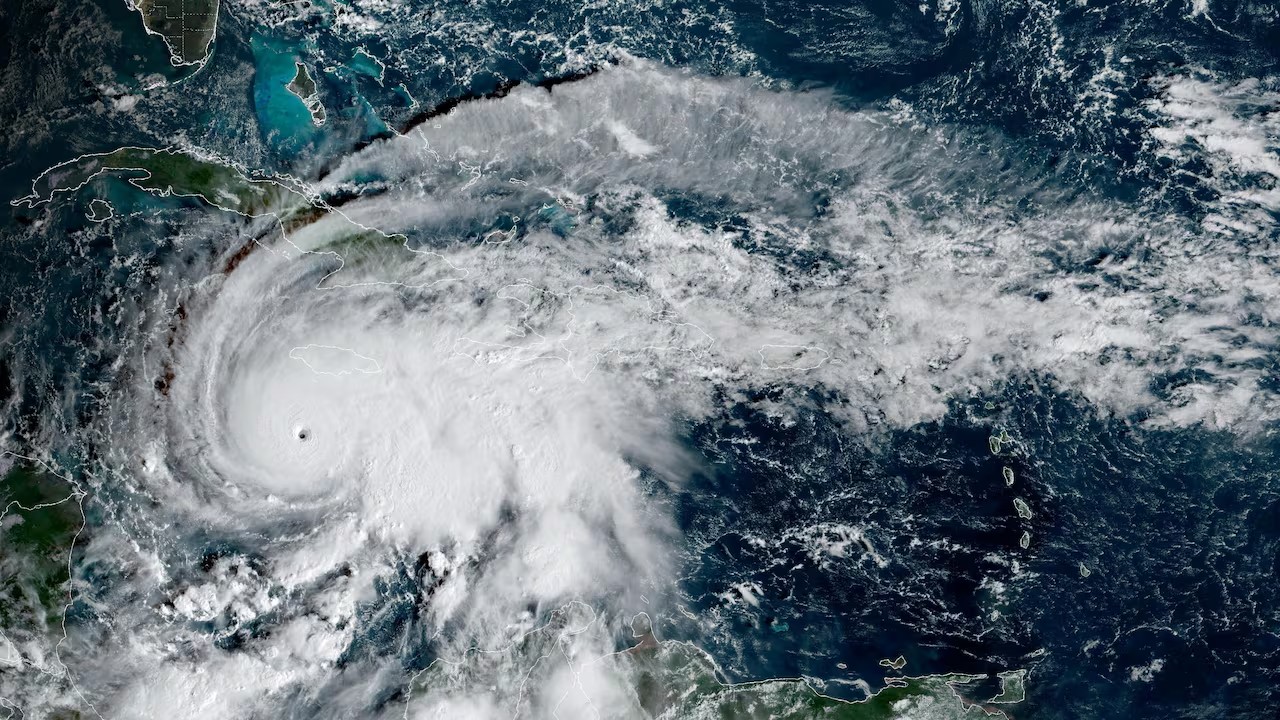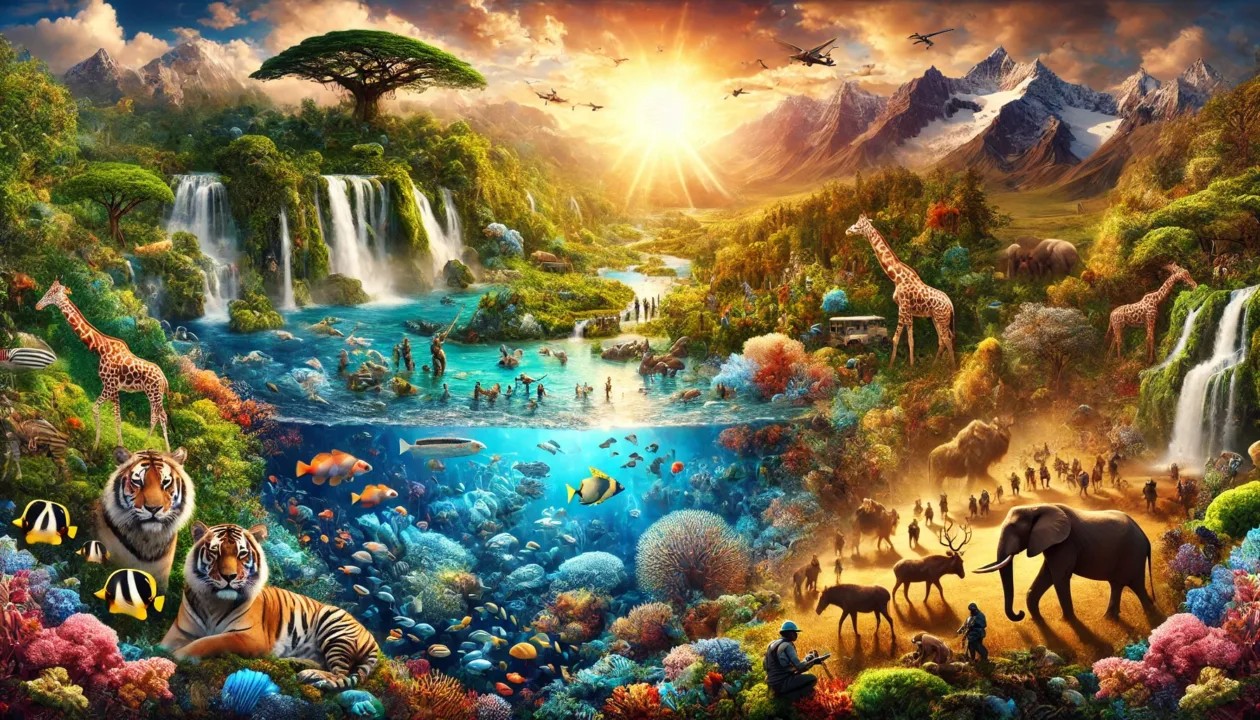- According to the UN Biodiversity, halting and reversing biodiversity loss is essential for achieving the Sustainable Development Goals. We will know we have succeeded when humanity lives in balance with the planet, biodiversity flourishes, and ecosystems thrive.
Climate change has intensified biodiversity loss, driving the world's rarest species toward extinction. The destruction of these crucial ecosystems is disheartening, as it can trigger further climate change effects.
Reversing biodiversity loss offers a viable path to mitigating the effects of climate change, making it an issue of paramount importance for humanity. Governments and international bodies are currently implementing measures to reverse climate change's impacts and restore the planet's health.
Biodiversity, the variety of all life on Earth, is the foundation upon which our planet thrives. The International Day for Biodiversity, celebrated annually on May 22nd, highlights this critical concept. This year's theme, "Harmony with Nature and Sustainable Development," explores how we can achieve both goals equitably and sustainably.
According to the UN Biodiversity, halting and reversing biodiversity loss is essential for achieving the Sustainable Development Goals. We will know we have succeeded when humanity lives in balance with the planet, biodiversity flourishes, and ecosystems thrive.
Human coexistence with nature requires recognizing the value of all living things and treating them with equal respect. Historically, species have gone extinct for various reasons, primarily due to habitat loss. These losses can largely be attributed to human activities such as deforestation, water pollution, urbanization, and unsustainable agricultural practices.
Read More
Our planet is rich in natural resources, which, if managed and used effectively, can sustain both the human population and the rest of the species in the world. However, human overexploitation of these resources leads to scarcity within the ecosystem. Overfishing, poaching, and logging, for example, all contribute to biodiversity loss.
Adding to these challenges, climate change further complicates the situation. Sadly, human activities have significantly contributed to global warming, exacerbating the threats to biodiversity.







